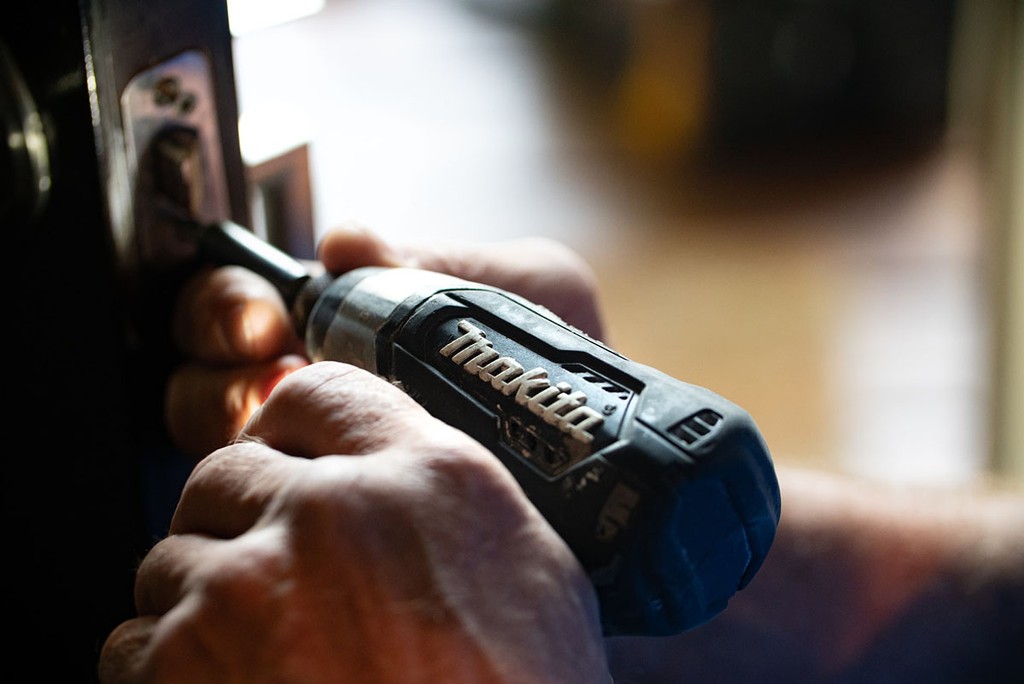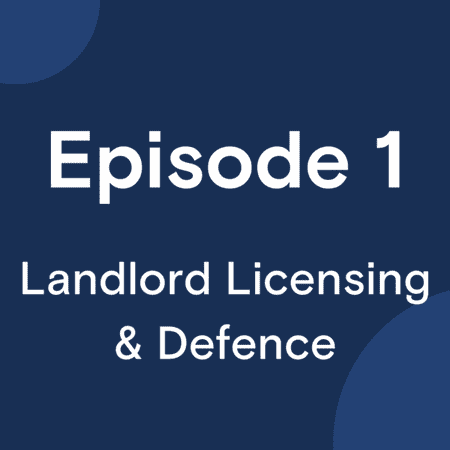Everyone has heard a frightening story of how tenants have lived for months in privately rented homes in deplorable conditions without hot water or heating. Luckily, these cases are few and far between as most landlords understand and respect their obligations to tenants laid out in the Landlord & Tenant Act 1985. The Act provides the last word over who should carry out major repairs to a rented home and who should pay for them.
This guide aims to clear up what is a minor and major repair and explains how to interpret the main rights and responsibilities imposed on renters and property investors by the Landlord & Tenant Act 1985.
What is the Landlord & Tenant Act 1985?
Before the Landlord & Tenants Act 1985 there were no assured shorthold tenancy agreements but regulated tenancies.
Regulated tenancies had ‘fair’ rents set by rent officers that were often 50% of market value. This left many landlords unable to make a profit from their investment or to fund repairs. Few properties were private rentals because sitting tenants had a home for life and could pass the lease onto their families and many properties were in a poor condition. Find out more on how much rent you should charge of your property
The new act was designed to improve living standards for landlords and tenants and introduced the concept of tenancy agreements that run for seven years or less and gave rise to the buy to let boom that started a few years later.
The main rights and responsibilities included in the act for landlords and tenants are explained below.
Click here if you want to read the latest edition of the Landlord & Tenant Act 1985
Right to know who the landlord is
Many landlords operate their rental businesses through letting agents, property managers or companies. This can mask the identity of the person making the decisions.
The Landlord & Tenant Act 1985 demands:
- If a tenant makes a written request for the landlord’s name and address
to
- Anyone collecting the rent
or
- Acting as an agent for the landlord
They must give the landlord’s name and address in writing to the tenant within 21 days of receiving the request.
If the landlord is a limited company, the tenant can make another written request asking for the names and addresses of the company’s secretary and directors, again with a 21 day deadline.
Tenants must deal with minor repairs
The tenancy agreement should explain what makes minor repairs and who has the responsibility to deal with them.
Tenants have four obligations under most tenancy agreements:
- Keep their home reasonably clean and tidy
- Make sure any electrical appliances they own are safe
- Keep any garden or outside area in a reasonable state
- Carry out minor maintenance, like changing dud light bulbs and smoke alarm batteries
The agreement should also explain that tenants should pay for any damage they, their children, their visitors to the property or their pets may have caused.
Right of quiet enjoyment for tenants
Quiet enjoyment is a legal term and that tenants should not confuse this with a right to live in silence or in a peaceful neighbourhood.
Section 9A (8) of the Landlord & Tenant Act 1985 is about when a landlord or a contractor can enter a tenant’s home.
Unless in an emergency, like a flood or fire, entry is only allowed at a reasonable time and if the tenant has had at least 24 hours’ notice in writing.
Tenant’s can ask for a more convenient appointment but must let in the landlord or contractor once the appointment is agreed.
Maintaining safe living standards
The landlord must make sure a rented home is free from any health and safety hazards.
For tenants who moved in before March 20, 2018, the landlord only had to bring the home up to standard at the start of the tenancy.
Since then, the obligation applies to the full term of the tenancy.
What are safe living standards?
Section 10 of the Landlord & Tenant Act 1985 says a privately rented home must be fit to live in. It gives a checklist of factors to consider that are issues for landlords to address which include:
- Damp and mould – If these issues make the home unfit to live in because the home is in a poor state of repair
- Rats, mice and pests – Landlords must stop pests from getting into a home
- Gas safety – Landlords must commission annual inspections
- Electrical safety – Wiring, plugs, light sockets and any appliances supplied by the landlord should be checked at least every five years
- Fire safety – Landlords must supply working smoke and carbon monoxide alarms at the start of a tenancy
Landlords must deal with major repairs
While the tenancy agreement looks after minor maintenance issues, Section 11 of the Landlord & Tenant Act 1985 lays out a landlord’s obligation to maintain and repair a privately rented home.
Major repairs include:
- The structure of the building, including the roof, windows and doors
- Gas pipes, radiators and boilers
- Electrical wiring
- Water pipes from the mains into the home and hot water
- Sinks, baths, toilets, showers and drains
- Common areas like halls and corridors in shared housing
- Making good repairs by reinstating and decorating once they are completed
Reporting a repair
Landlords must sort out repairs in a reasonable time – once the tenant has told them what has happened.
A reasonable time depends on the nature of the repair. A faulty boiler may need working on within 24 hours, but a missing tile on the roof may take up to 30 days to put right.
Tenants can phone, email or write to tell the landlord about the repair – or use a dedicated smartphone app if available.
Landlords and tenants should keep a record of when and how they discussed a repair and what action was decided.
Landlords don’t always have to carry out repairs
Failing to carry out repairs is a civil offence and can come with eye-watering fines, but the Landlord & Tenant Act 1985 does give some get-outs including:
- If the tenant has not told the landlord about the defect
- If the tenant does not allow the landlord to make the repairs
Guide to the Landlord & Tenant Act 1985 FAQ
What is the Housing Health And Safety Rating System (HHSRS)?
The Housing Health And Safety Rating System (HHSRS) is the code local councils apply to decide if a privately rented home is fit to live in.
All private rented homes in England and Wales must pass the HHSRS test.
The Ministry of Housing is considering updating the code by simplifying the 29 hazards the test looks at.
When did electrical safety rules change?
From April 1, 2021, landlords must carry out an electrical installation safety report at least once every five years.
Where can I find the Model Tenancy Agreement?
The government publishes a Model Tenancy Agreement for landlords that is free to download here
Does the law apply to buy to lets and HMOs?
The Landlord & Tenant Act 1985 applies to all private rented homes in England and Wales. This is regardless of the type of tenancy.
The Act covers tenancies of up to seven years if they are fixed term or periodic.
Who can give advice about the Landlord & Tenant Act 1985?
This guide looks at some of the main points explained in the Landlord & Tenant Act 1985.
The points raised are not legal advice. Any landlord or tenant dealing with any issues arising from the guide should discuss their personal circumstances with a specialist solicitor.
The Landlord & Tenants Act 1985 will impact both parties during the letting and managing of a property. TO find out more and get more context, you can see our other posts such as:
For Tenants: See our Guide to Letting a Property
For Landlords: See how to Find the Best Online Letting Agents
Why choose Oasis Living when letting a property?
Access your online account 24/7 from wherever you are and instantly have the tools at hand you need to find tenants, manage your property and collect rent, including:
- Our service that finds tenants fast for a 10% fee – much less than any traditional high street agency such as Foxtons
- Free handyman visits once a month if you have a small repair, like a leaking tap
- Professional staging and photographs to show your property in the best light
- Sign and approve tenancy agreements and other paperwork online
Contact one of our experts today to find out how we can improve your property letting experience. Our mission is to make the letting process much easier for landlords and tenants. We won’t stop until we achieve it!





















